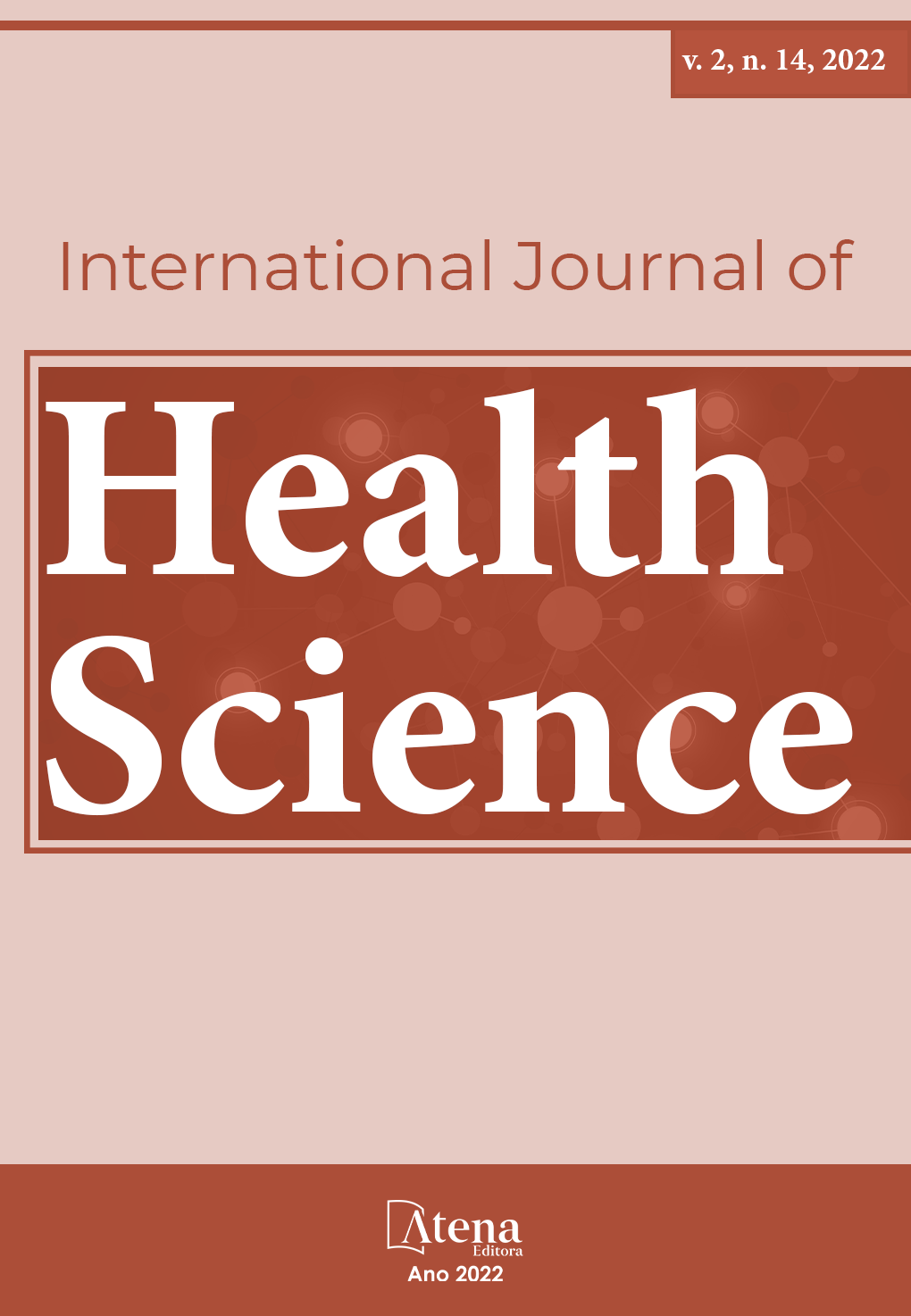
MENTAL HEALTH CARE AND COMPLEMENTARY THERAPIES FOR PRIMARY HEALTH CARE TEAMS DURING THE COVID19 PANDEMIC: EXPERIENCE REPORT FROM A INTERPROFESSIONAL PERSPECTIVE
Objective: To describe the experience of university extension through interprofessional approach to mental healthcare of Primary Care professionals with Complementary Therapies in the context of the Sars-Cov-2 pandemic. Method: The intervention took place in the city of Juiz de Fora (MG), with the participation of the Universidade Federal de Juiz de Fora (UFJF) and the Juiz de Fora City Hall (PJF), notably as Family Health Units (USF). It took place between January and March 2021, with the participation of two USF and approximately 50 professionals from the six teams. Seven successive weekly workshops were held in each team in the remote and face-to-face modalities. The meetings consisted of treatment in body practices (self-massage) and group meditation, followed by continuing education activities, focused on Interprofessional Education (IPE) in health and interprofessional skills for mental health care. Results: The following benefits were achieved through the work: Interaction between the University and health services; promotion of Self-Care through Integratives and Complementary Practices and interprofessional skills and abilities. As limitations, it is worth mentioning: Termination of the Workshops and the Extension Project; Difficulty in maintaining schedules for case discussion and reunions; connection between university group and health teams damaged by the remote communication due to the Pandemic; Limitations of technological resources and infrastructure; Incomplete participation or absence of health professionals in the Workshops due to work overload or sick leave; and discontinuity of PICS and self-care actions by the Health Teams after the closure of the Workshops. Conclusion: Complementary Therapies and Interprofessional practices proved to be effective for APS workers' health care and important for the continuing education of health professionals.
MENTAL HEALTH CARE AND COMPLEMENTARY THERAPIES FOR PRIMARY HEALTH CARE TEAMS DURING THE COVID19 PANDEMIC: EXPERIENCE REPORT FROM A INTERPROFESSIONAL PERSPECTIVE
-
DOI: 10.22533/at.ed.1592142214035
-
Palavras-chave: Primary Health Care; Pandemics; SARS-CoV-2; Occupational Health; Complementary Therapies; Interprofessional Education.
-
Keywords: Primary Health Care; Pandemics; SARS-CoV-2; Occupational Health; Complementary Therapies; Interprofessional Education.
-
Abstract:
Objective: To describe the experience of university extension through interprofessional approach to mental healthcare of Primary Care professionals with Complementary Therapies in the context of the Sars-Cov-2 pandemic. Method: The intervention took place in the city of Juiz de Fora (MG), with the participation of the Universidade Federal de Juiz de Fora (UFJF) and the Juiz de Fora City Hall (PJF), notably as Family Health Units (USF). It took place between January and March 2021, with the participation of two USF and approximately 50 professionals from the six teams. Seven successive weekly workshops were held in each team in the remote and face-to-face modalities. The meetings consisted of treatment in body practices (self-massage) and group meditation, followed by continuing education activities, focused on Interprofessional Education (IPE) in health and interprofessional skills for mental health care. Results: The following benefits were achieved through the work: Interaction between the University and health services; promotion of Self-Care through Integratives and Complementary Practices and interprofessional skills and abilities. As limitations, it is worth mentioning: Termination of the Workshops and the Extension Project; Difficulty in maintaining schedules for case discussion and reunions; connection between university group and health teams damaged by the remote communication due to the Pandemic; Limitations of technological resources and infrastructure; Incomplete participation or absence of health professionals in the Workshops due to work overload or sick leave; and discontinuity of PICS and self-care actions by the Health Teams after the closure of the Workshops. Conclusion: Complementary Therapies and Interprofessional practices proved to be effective for APS workers' health care and important for the continuing education of health professionals.
-
Número de páginas: 18
- DENISE GONÇALVES MAZONI
- GISELLE DE PAULA ASSIS
- PAULA MIRANDA DE OLIVEIRA
- JUAREZ SILVA ARAUJO
- TAMMY MATSUOKA BERNARDO
- MICHELLE SOUZA NASCIMENTO
- LÍVIA DE PAULA ASSIS
- ÂNGELA CAROLINE DIAS ALBINO DESTRO DE MACÊDO
- ALESSANDRA ÉSTHER DE MENDONÇA
- SÉRGIO XAVIER DE CAMARGO


